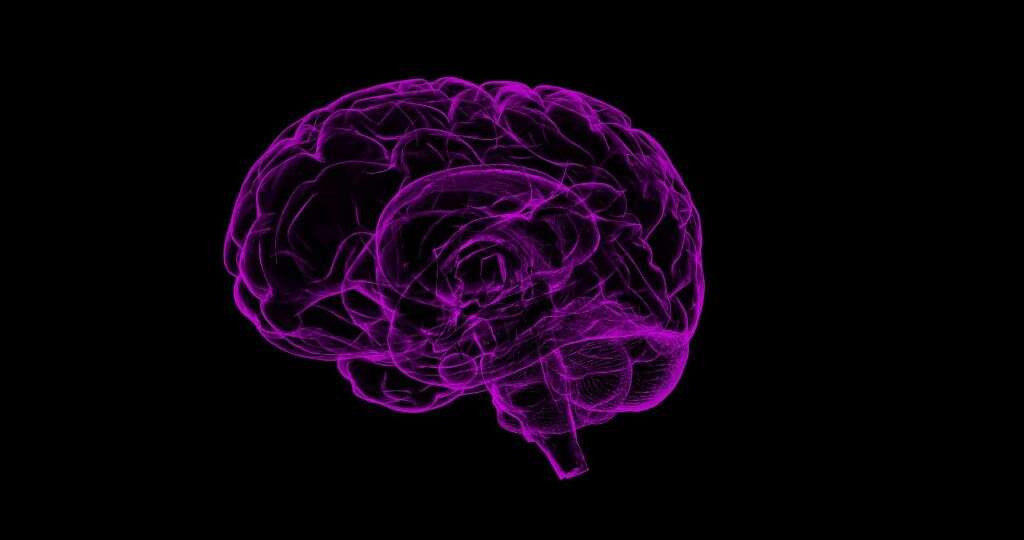What Is Somatic Symptom Disorder?
It is not nice being ill. It will generally make us feel quite terrible and it can also be quite painful in some instances. It can also be quite scary, depending on what the illness as, as it can have us feeling afraid for our lives. Most of the time, however, there is little to worry about, but even minor problems can be a big deal for some people.
Some people are naturally more likely to worry about their health than others. For some, however, the concerns can be intense enough that it makes it difficult for them to go about their day to day lives. Somatic symptom disorder is one example of such a condition.

1. Somatic Symptom Disorder
This condition is a mental health condition where the patient can feel a number of physical symptoms which can be very distressful for them. Often, the physical symptoms are associated with an underlying cause that can be identified. At other times, it may not be possible to find a source.
The symptoms that the patient has can cause them a disproportionate level of anxiety. They can find themselves extremely anxious over the severity of their condition even when professional advice says the problem is mild. The condition can be enough to cause a considerable negative impact on the quality of the patient’s life.

2. Causes
Somatic symptom disorder is a condition that we know fairly little about, and this makes it difficult to tell exactly what is causing it. We do know, however, that the condition is linked with a number of factors that may at least contribute to it. One potential factor is genetics, and some people are simply more sensitive to pain than others are.
Some people have a more negative outlook on life than others overall, and this may contribute to the condition in some cases. The condition might also be down to learned behaviors in some cases, while difficulties processing emotions might also mean the patient focuses more heavily on physical symptoms instead.

3. Physical Symptoms
While the source of physical symptoms can sometimes be identified, this is not always the case. This has led to some people with the condition of being accused of faking their symptoms in the past. Experts are now sure that the symptoms are very real for the patient, however.
The most common of the physical symptoms is pain. It can happen pretty much anywhere in the body and the severity can vary from person to person. Some patients will also experience sexual symptoms and neurological symptoms are also a problem for some people. Somatic symptom disorder can also cause symptoms with the digestive system.

4. Anxiety
Somatic symptom disorder does more than just cause physical symptoms. The manifestation of the physical symptoms can also cause a great deal of distress for the patient. People with the condition are likely to suffer from an irrational degree of concern about the symptoms they are experiencing.
The patient will sometimes see quite normal symptoms as something that is a sure sign that they are seriously ill. Even positive medical evaluations may be dismissed, and the patient may be convinced that doctors have not investigated thoroughly enough. The patient might avoid activities that they feel can make things worse, and they may also find themselves checking their body for flaws regularly.

5. Illness Anxiety Disorder
Somatic symptom disorder is closely related to some other mental health conditions. One of these is illness anxiety disorder, which used to be known as hypochondriasis. In this condition, that patient can be convinced that they are very ill, even when the symptoms they are experiencing are mild.
For example, somebody with indigestion might be convinced that they have bowel cancer. The patient can become so concerned about their perceived illness that it begins to dominate their life. It can make it difficult for them to function normally, and it can have a severe impact on the quality of the patient’s life.

6. Conversion Disorder
Another condition related to somatic symptom disorder is conversion disorder. It is also known as functional neurological symptom disorder. The condition manifests itself as the patient experiencing symptoms for which no physical medical cause can be identified.
Some patients with the condition will experience neurologically related symptoms such as a loss of hearing and going blind. The patient might also lose sensations in part of their body, and they might also experience difficulties moving. Conversion disorder will also sometimes cause the patient to become weaker than usual, or to become paralyzed. The symptoms will often worsen when the patient is feeling stressed.

7. Who’s at Risk
Somatic symptom disorder is more likely to occur in people that fall into certain categories. One of these is a history of certain other mental health conditions, such as depression or anxiety. People that live in deprived sections of society are also more at risk, as are those that have a lower standard of education.
People that have had traumatic experiences in the past are also at a higher risk of somatic symptom disorder, and this includes being abused as a child. Patients that currently have, or have had, a serious medical condition are also in a higher risk bracket. So are people that are at a higher risk of developing serious medical conditions.

8. Complications
Somatic symptom disorder can be a very difficult condition to deal with. In addition to the symptoms already mentioned, the patient can also experience other, potentially more serious complications because of their condition. One example of such a complication is ill health overall.
Other complications include other metal health conditions. These can include certain personality disorders, anxiety, and depression. Relationships can suffer, as can careers, and some patients will run up very high medical bills which will add to any existing financial woes they might have. Severe depression will cause the patient to take their own life in some cases.

9. Diagnosis
A doctor will generally perform a physical exam to look for any medical conditions that might be contributing to the problem. In addition to a physical exam, the doctor will likely ask the patient about their medical history, and perhaps also if there is a history of certain conditions running in the family.
Patients with suspected mental health conditions will need to be assessed by a mental health expert. They will need to ask the patient about their symptoms and the impact that those symptoms are having on their life. If the patient meets certain criteria then they will be diagnosed with the condition and appropriate treatment can begin.

10. Treatment
There is no known cure for somatic symptom disorder. However, treatment is available that will considerably improve the patient’s quality of life in some cases. This will sometimes involve medication that can help ease the symptoms of any other mental health conditions the patient might be suffering from.
Therapy is another important part of treatment. Therapy intends to give the patient the tools that they need to be able to handle the condition better. It helps them to recognize and understand their condition better, and how to act in ways that help ensure the condition has less of an impact on their life.












